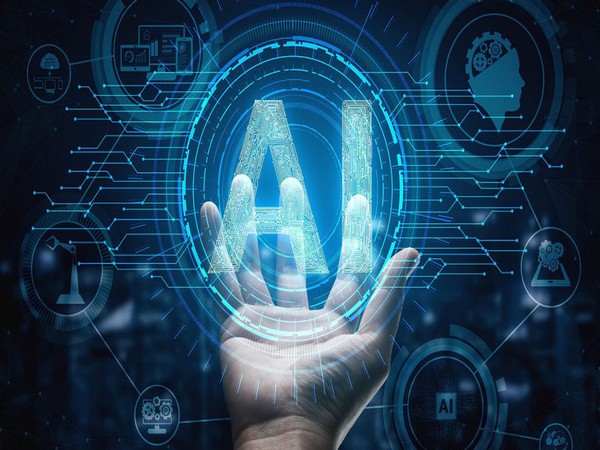The Role of Artificial Intelligence in Advancing Science and Development
Artificial intelligence (AI) is playing a transformative role in science and development by analyzing large amounts of data to identify patterns and trends, make predictions, and generate insights that inform decision-making and improve outcomes. AI is being used in various areas such as drug discovery, healthcare, and renewable energy. However, there are challenges that need to be addressed, such as the ethical use of AI and its potential impact on employment. It is important to develop and use AI in a responsible and transparent way, guided by ethical principles, to realize its full potential for the benefit of all.

Artificial intelligence (AI) has emerged as a game-changer in the world of science and development. With its ability to analyze vast amounts of data, identify patterns and make predictions, AI is enabling researchers to accelerate discoveries, develop innovative solutions to complex problems, and improve the quality of life for people around the world. In this blog, we will explore the role of AI in advancing science and development, and the potential benefits and challenges it presents.
The Role of AI in Science and Development
AI is transforming the way we approach scientific research and development. It is being used to analyze data from a wide range of sources, including scientific experiments, clinical trials, environmental monitoring, and social media. This data can be used to identify patterns and trends, make predictions, and generate insights that can inform decision-making and improve outcomes.
One of the key areas where AI is being used in drug discovery. The traditional drug discovery process is time-consuming and expensive, with a low success rate. By using AI to analyze vast amounts of data, scientists can identify potential drug targets, predict the efficacy of different compounds, and design new drugs with improved properties. This is enabling researchers to develop new treatments for a range of diseases, including cancer, Alzheimer's, and diabetes.
AI is also being used to improve the accuracy of diagnoses and treatment plans. By analyzing medical images, such as MRI scans and X-rays, AI algorithms can detect early signs of disease, identify areas of concern, and help doctors make more informed decisions about treatment options. This is particularly important in areas where access to medical specialists is limited.
Another area where AI is making a significant impact is in the field of renewable energy. By analyzing data from weather patterns, energy production, and consumption, AI algorithms can optimize the use of renewable energy sources such as wind and solar power, and help reduce the carbon footprint of energy production.
The Benefits and Challenges of AI in Science and Development
The potential benefits of AI in science and development are vast. By accelerating discoveries and improving outcomes, AI has the potential to transform the way we approach scientific research and development. However, there are also challenges that need to be addressed.
One of the main challenges is the ethical use of AI. As AI becomes more powerful, there is a risk that it could be used for nefarious purposes, such as developing autonomous weapons or perpetuating bias in decision-making. It is important that the development and use of AI are guided by ethical principles, and that there is transparency in the way it is used.
Another challenge is the potential impact of AI on employment. As AI becomes more widespread, there is a risk that it could replace human workers in certain industries. It is important that we anticipate these changes and develop policies that support workers who may be affected by automation.
Conclusion
The role of AI in advancing science and development is significant, with the potential to transform the way we approach scientific research and development. By accelerating discoveries, improving outcomes, and helping to address global challenges, AI has the potential to make a significant impact on the world. However, there are also challenges that need to be addressed, including ethical considerations and potential impacts on employment. As we continue to develop and use AI, it is important that we do so in a responsible and ethical way, to ensure that we realize its full potential for the benefit of all.










